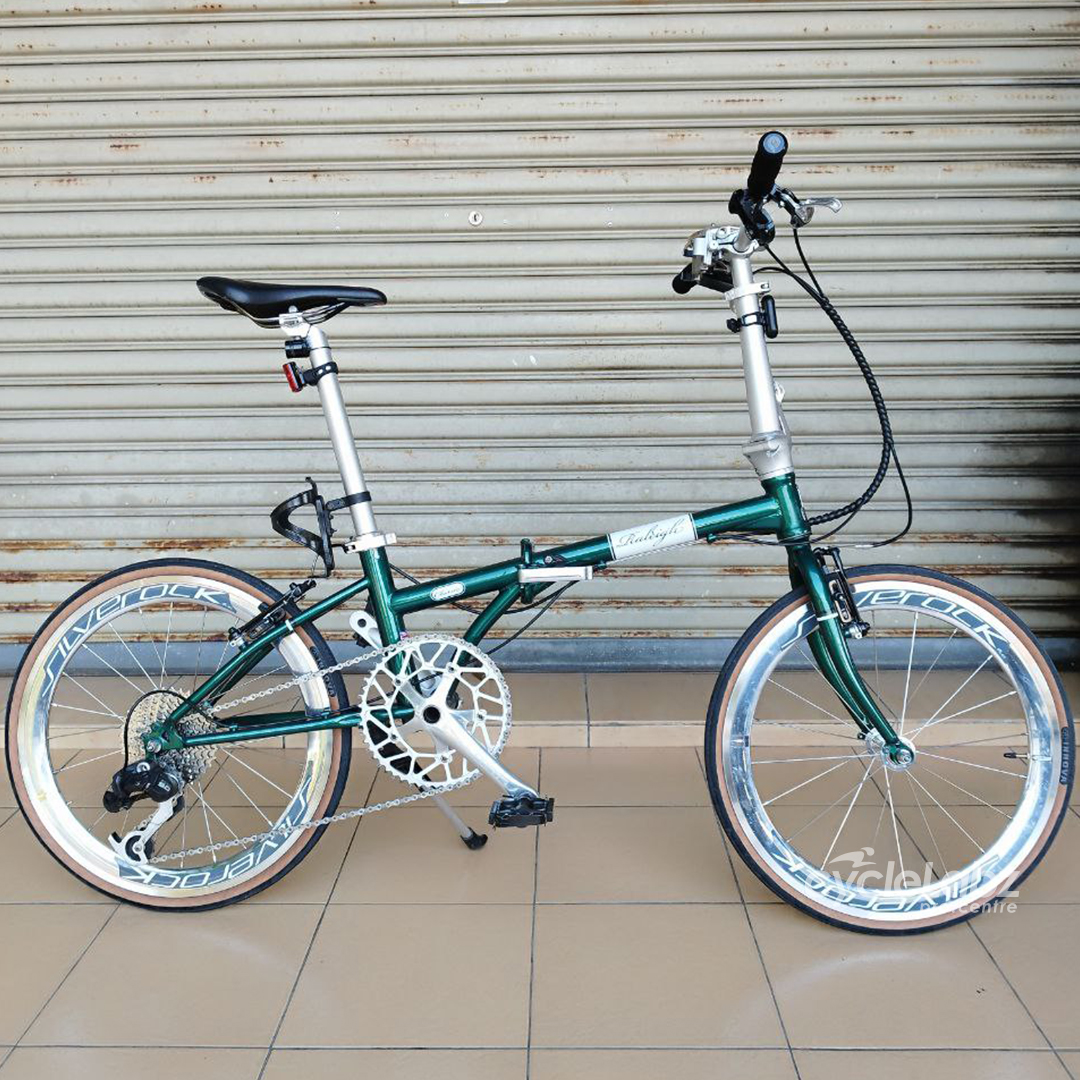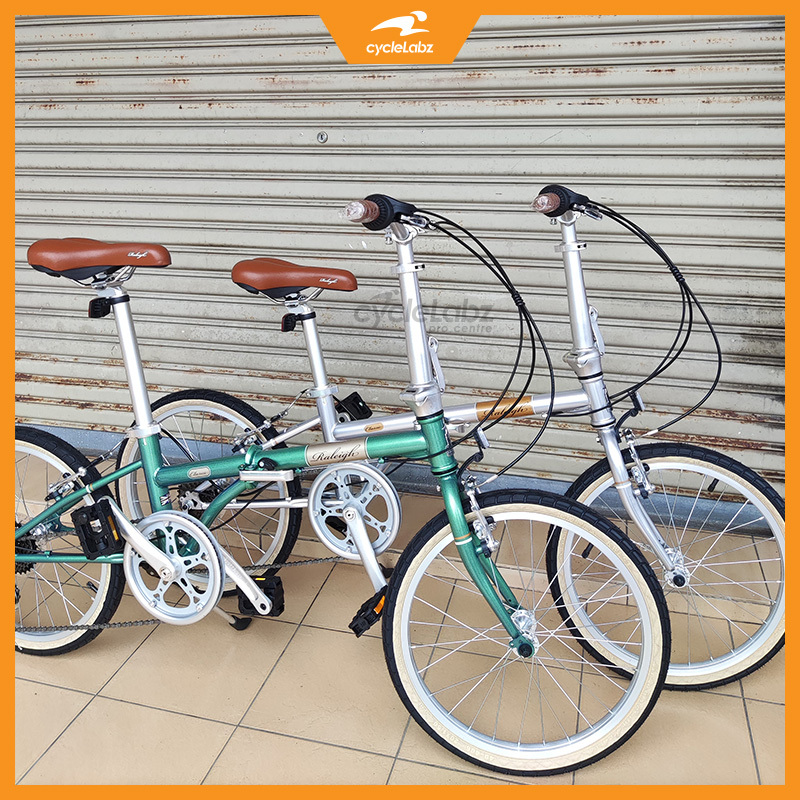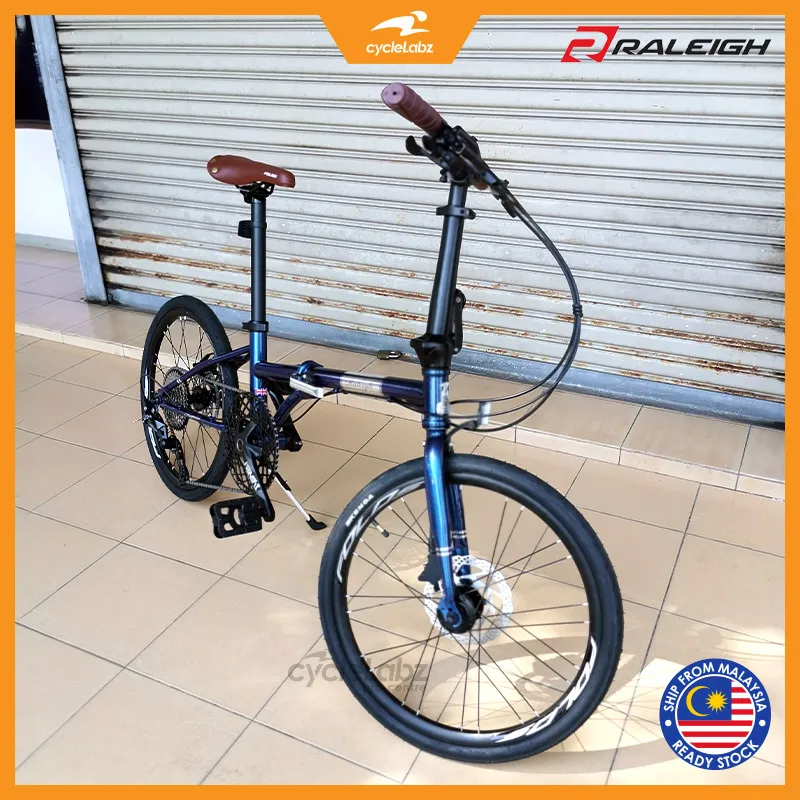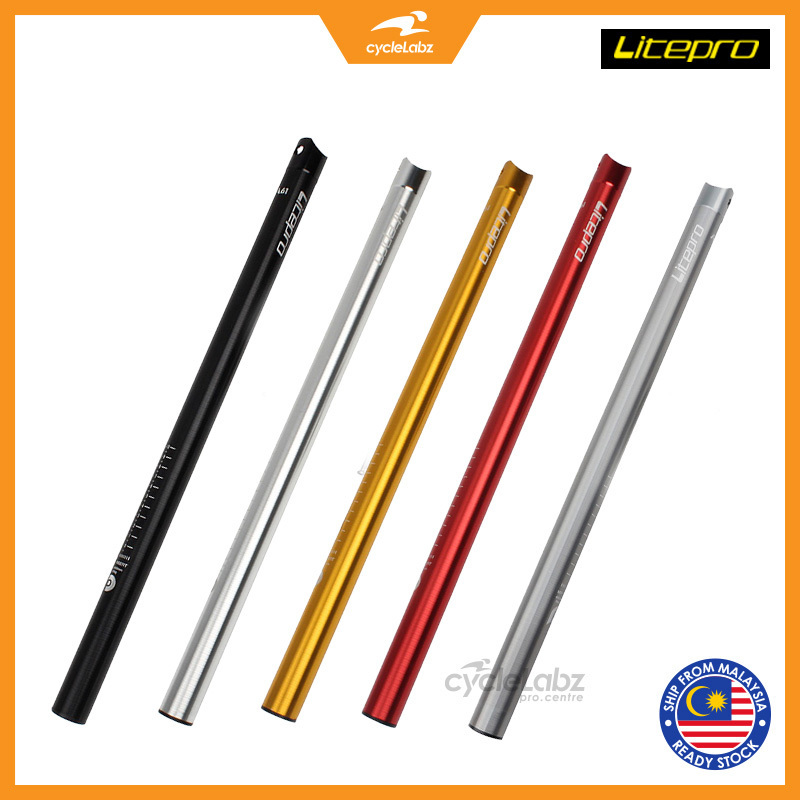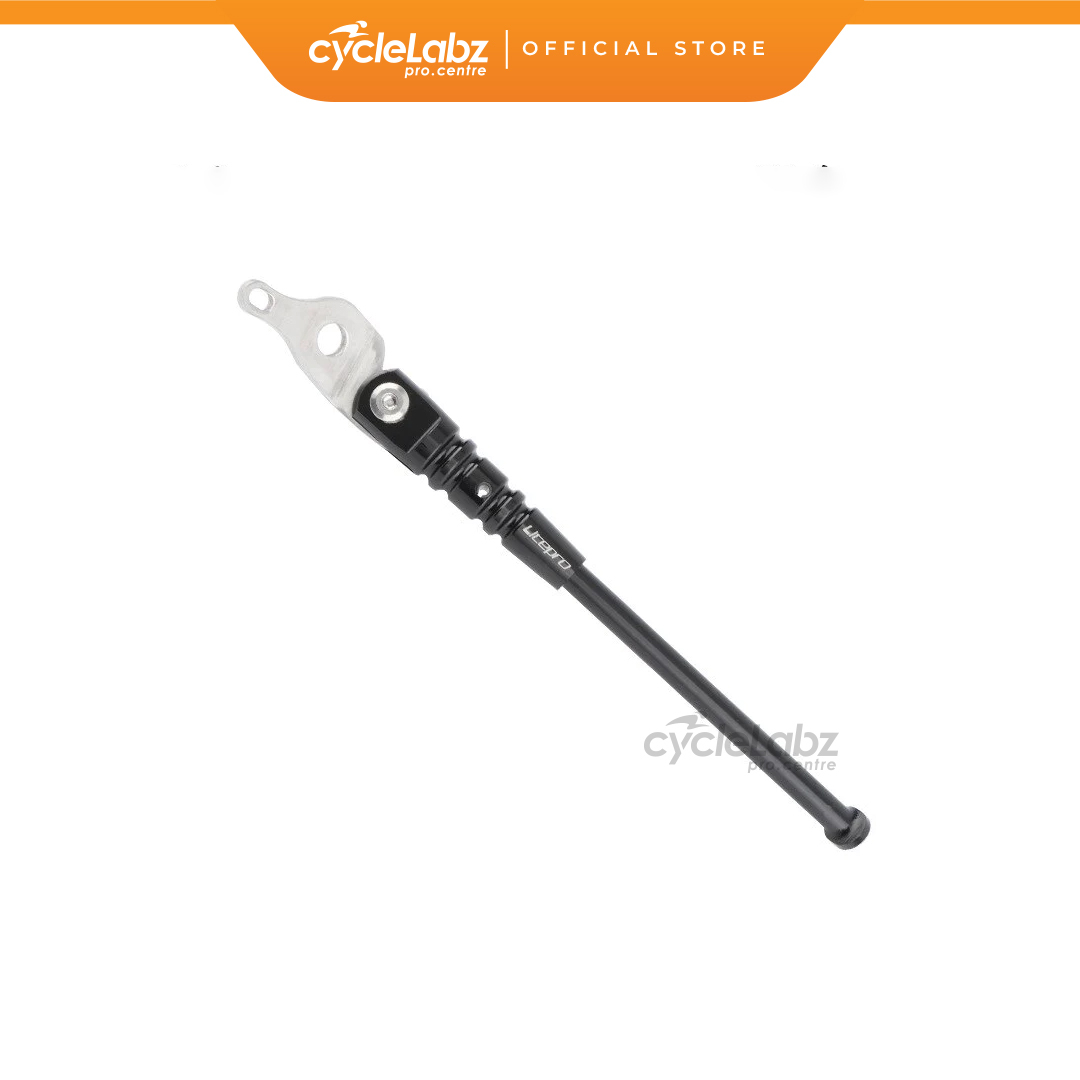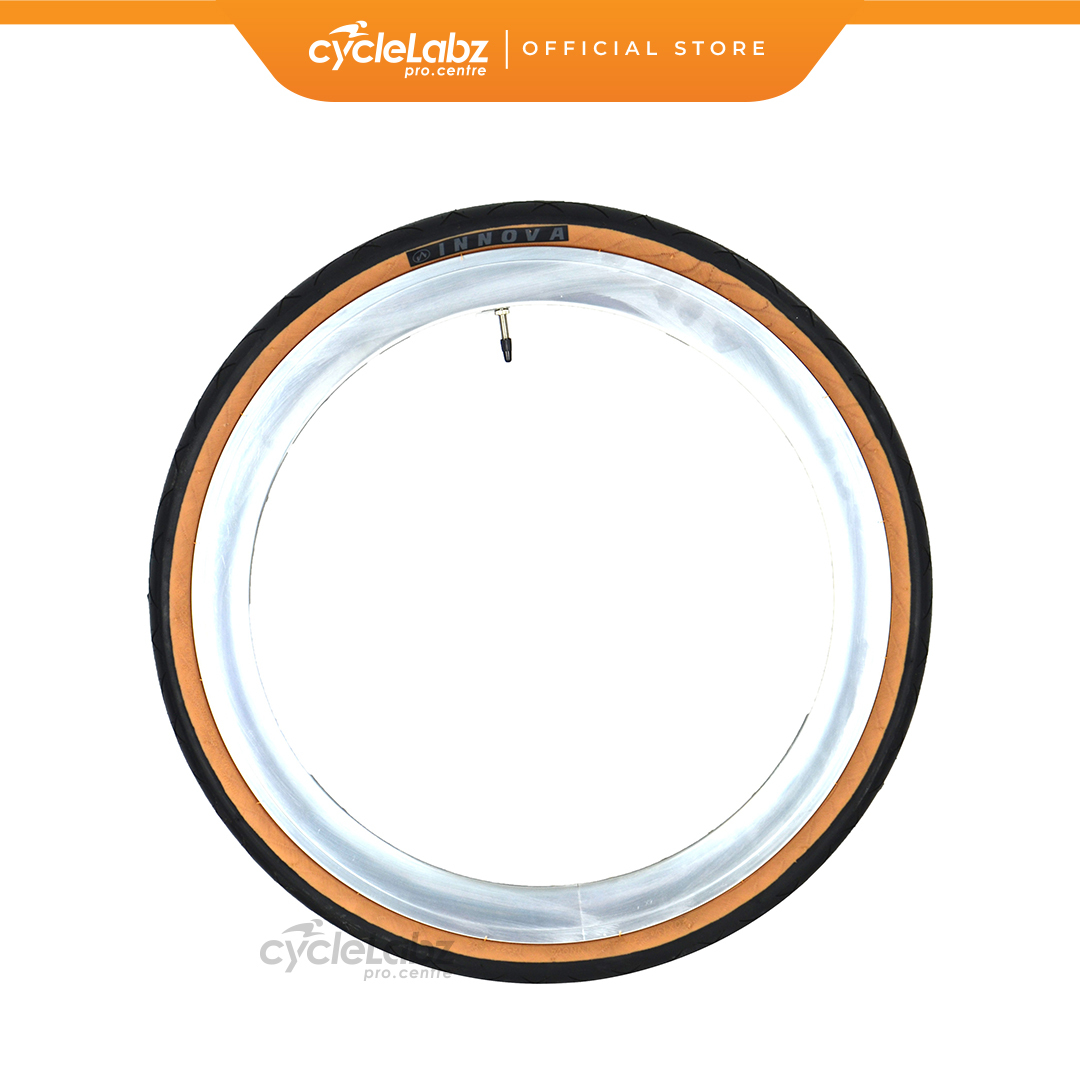Are you trying to decide between a folding bike and a city bike for your daily urban commute? With so many options available, it can be difficult to know what's right for you. In this article, we'll take a closer look at both types of bikes and the pros and cons of each, to help you make an informed decision.
Folding Bikes
Folding bikes are exactly what they sound like: bikes that can be folded up into a compact size for easy storage and transportation. These bikes are often used by commuters who need to take their bikes on trains, buses, or into the office, as they are small enough to carry onto public transport or fit under a desk.
Pros:
- Portability: The compact size of folding bikes makes them incredibly easy to carry and store, making them a great choice for commuters who need to take their bikes on public transport.
- Convenience: Folding bikes can be folded up in a matter of seconds, making them ideal for those who don't have a lot of storage space at home or at work.
- Cost-Effective: Folding bikes are often more affordable than traditional city bikes, making them a great choice for budget-conscious commuters.
Cons:
- Limited Range: Folding bikes are generally smaller and lighter than traditional city bikes, which means they have a limited range. This can be a problem for longer commutes or rides that require more exertion.
- Less Durable: Folding bikes are often made from lighter materials, which can make them less durable and less able to handle the demands of daily use.
- Reduced Stability: Due to their compact size and lighter weight, folding bikes may not be as stable as city bikes, which can make them less suitable for longer rides or more challenging terrain.
City Bikes
City bikes, on the other hand, are designed for use in urban environments, with features that make them more practical and comfortable for daily commutes. These bikes are often heavier and sturdier than folding bikes, with a more traditional design and a wider range of features.
Pros:
Durability: City bikes are often made from heavier and more durable materials, making them better suited for daily use and longer rides.
Stability: The heavier weight and wider tires of city bikes make them more stable and better able to handle different types of terrain, making them a great choice for longer rides or more challenging commutes.
Comfort: City bikes often have a more upright riding position, as well as features like suspension and cushioned seats, which make them more comfortable for long rides.
Cons:
Less Portable: City bikes are generally larger and heavier than folding bikes, which makes them less convenient to transport and store.
Cost: City bikes are often more expensive than folding bikes, which can make them a less budget-friendly option for some commuters.
Maintenance: City bikes often have more features and components than folding bikes, which means they may require more regular maintenance and repairs.
So, which is the best choice for you?
The choice between a folding bike and a city bike largely comes down to personal preference and your specific needs. If you're looking for a bike that is easy to transport and store, and you don't mind a limited range, then a folding bike may be the right choice for you. On the other hand, if you're looking for a bike that is durable and stable, with a more comfortable ride, then a city bike may be a better choice.

